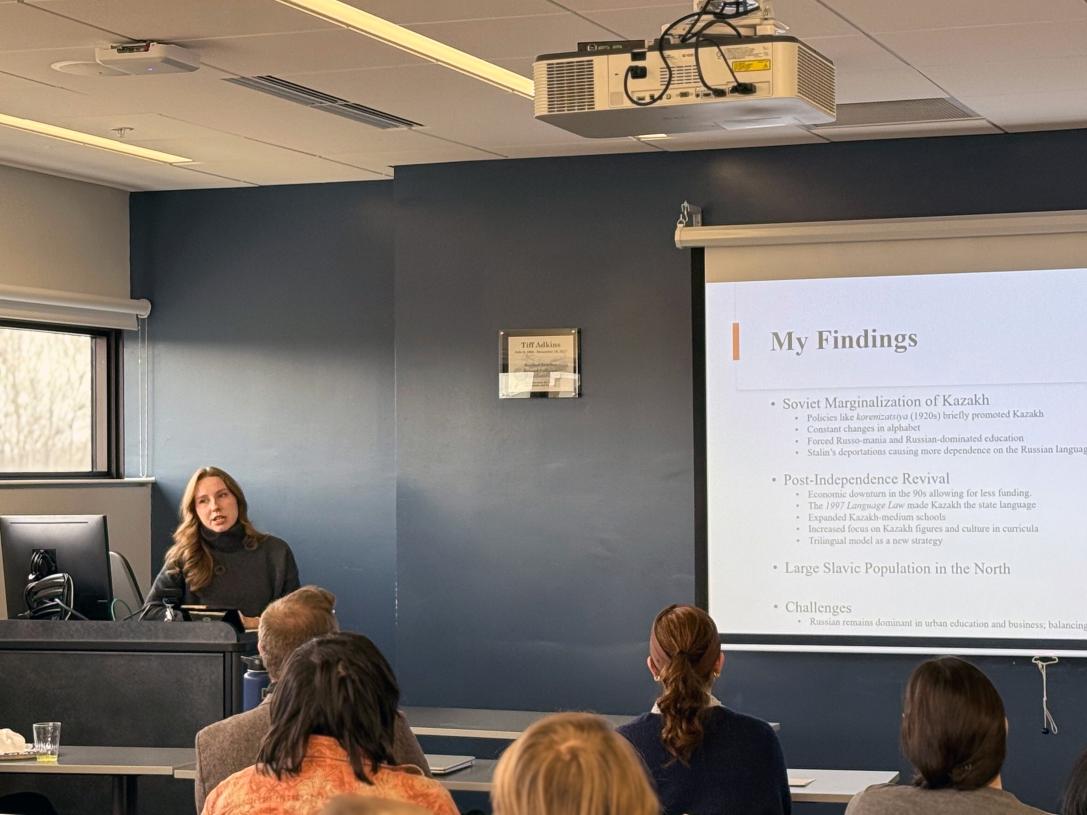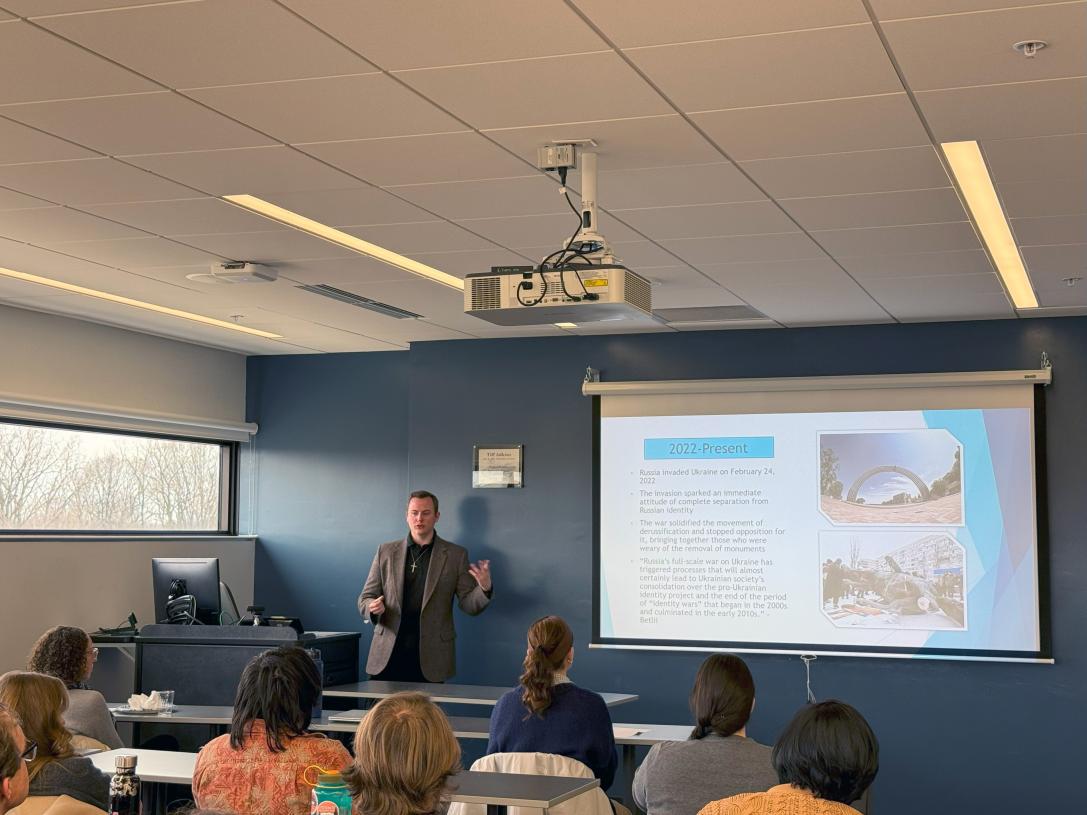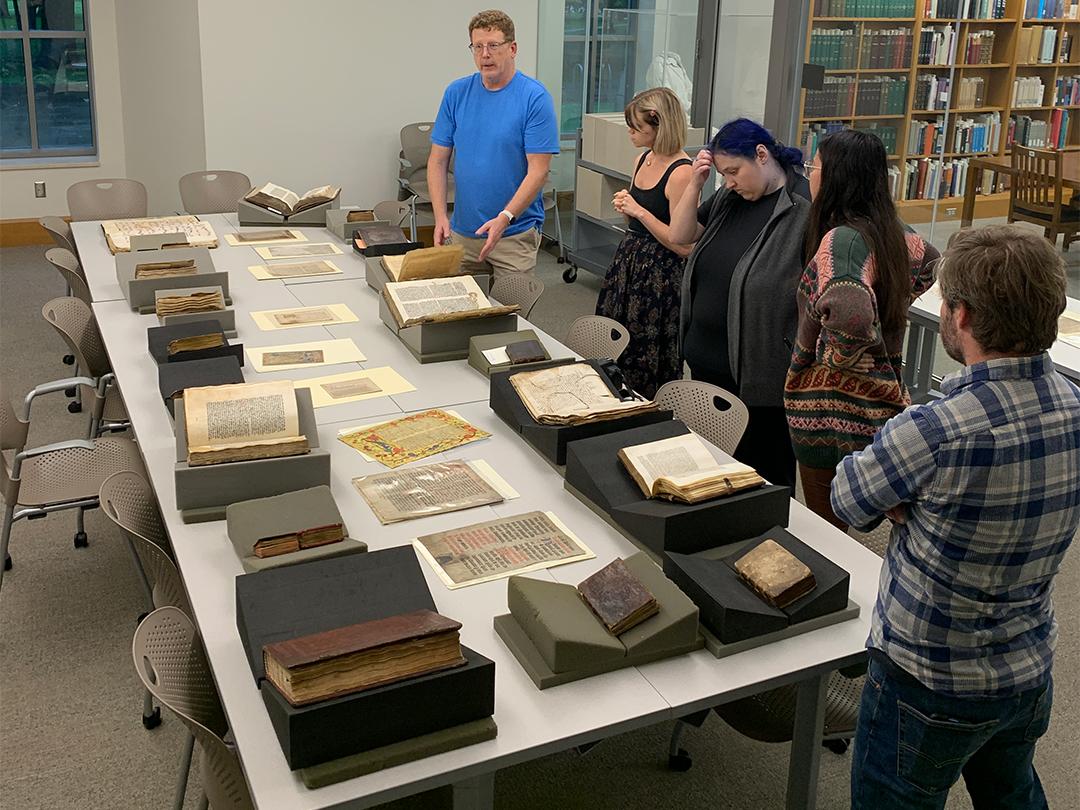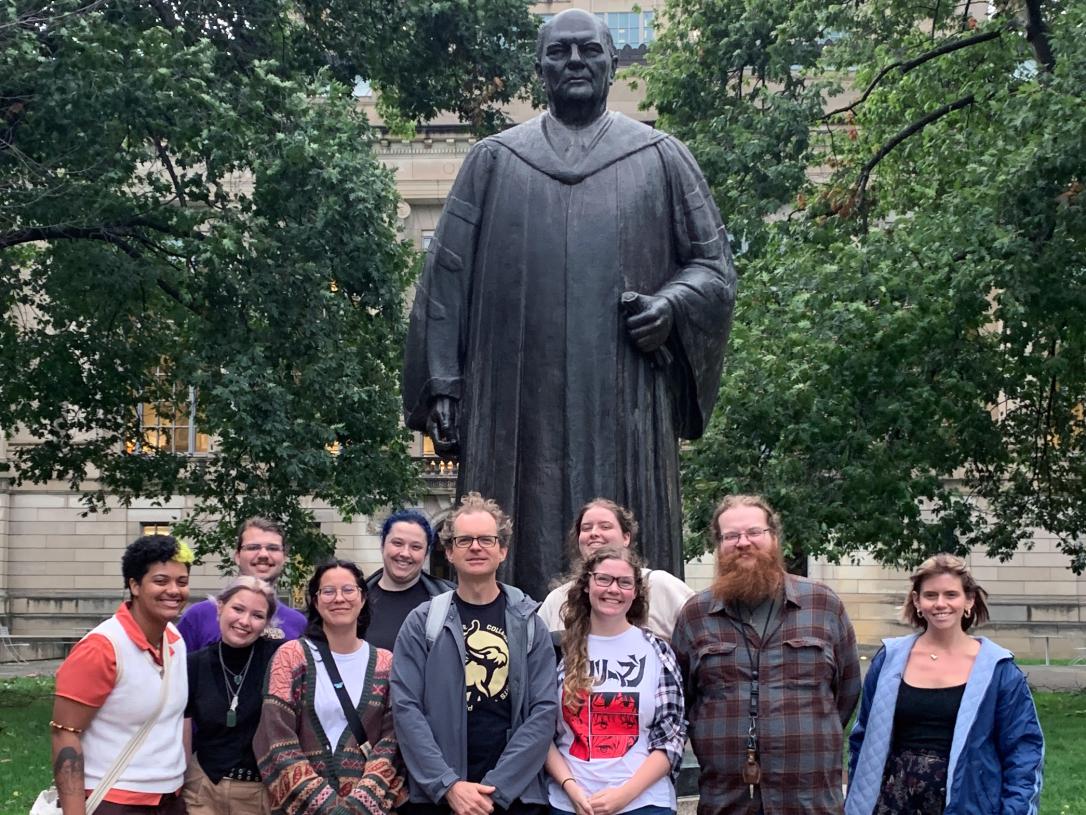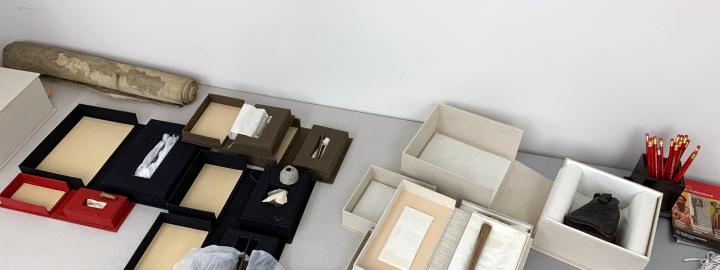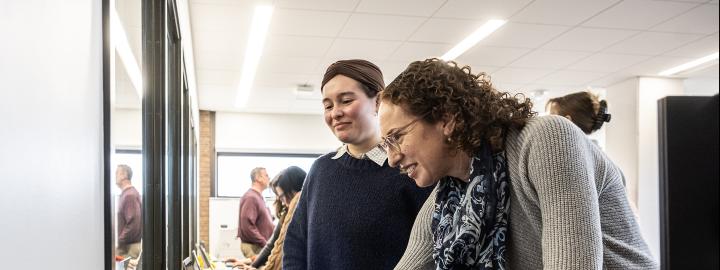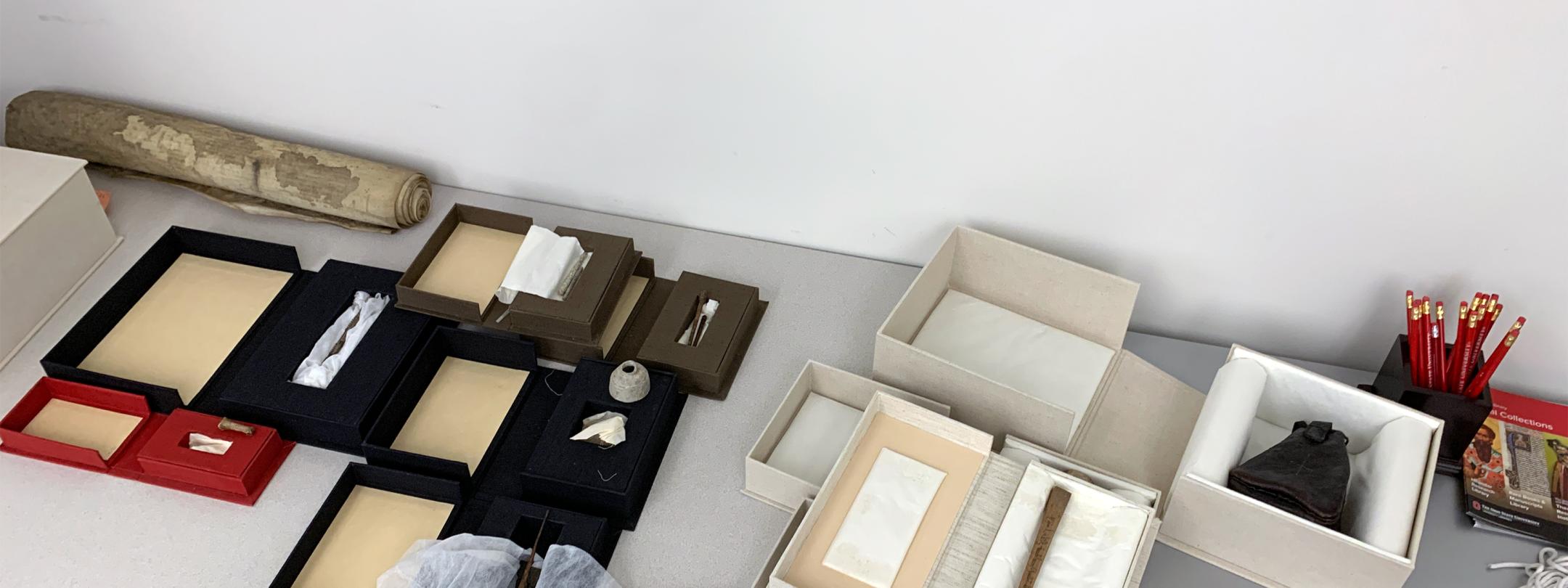
Co-lab Program
Department of Interdisciplinary Studies
Co-Labs: An Enriching Experience for Liberal Arts Majors
The Co-Lab Program in the College of Liberal Arts provides our students with a unique opportunity to work closely with a faculty member on a research-based project designed to model and teach a variety of skills relevant to the execution of a larger research endeavor. Designed around a topic relevant to a faculty member's area of interest, Co-Labs allow students to:
- Conduct research, either according to disciplinary practices or by integrating multiple disciplines in ways that encourage explicit reflection on interdisciplinarity
- Refine your critical-thinking and problem-solving abilities
- Organize/manage a large project, utilizing effective time management and task prioritization
- Practice collaboration, including improving communication skills necessary for effective interpersonal relationships and cooperative efforts
- Cultivate flexibility, adaptability, creativity, and effective decision-making skills
- Consider ethical standards and practices in research
- Practice communicating research to the public
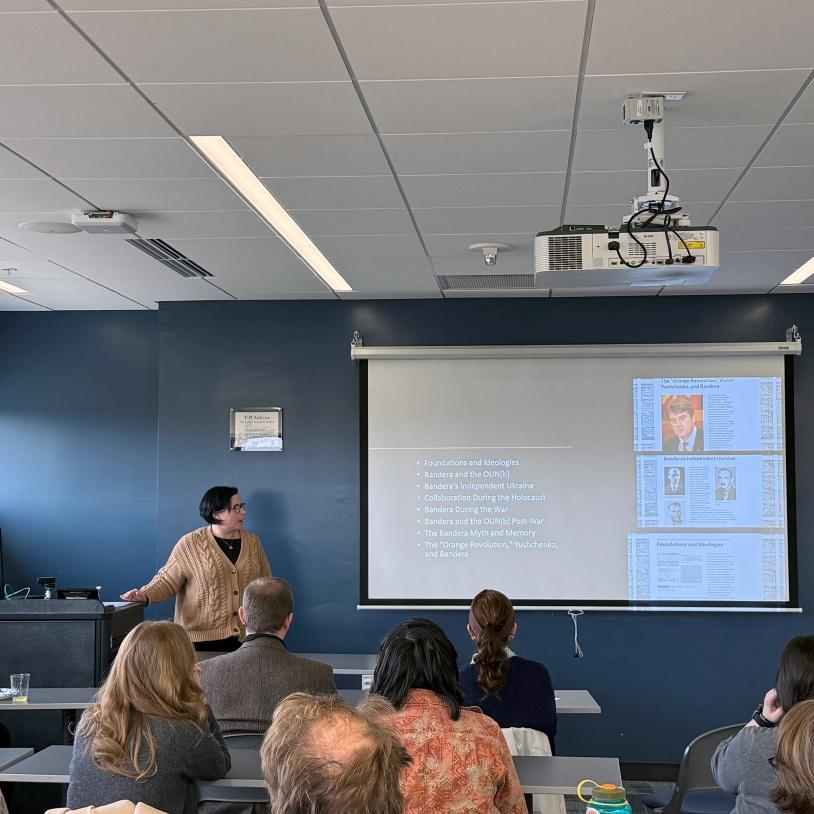
LEARN
How to Participate in a Co-Lab
To be considered for a Co-Lab, you will submit an application directly to the faculty member directing the specific Co-Lab that interests you. The Dean's Office issues a call each spring for applications for the following academic year. The call for applications is announced i in a winter issue of "Collated," the Dean's Office newsletter for students, as well as here on our website.
To qualify for the program, you must meet the following requirements:
- Be enrolled in a major in the College of Liberal Arts
- Have good academic standing
- Have junior or senior standing during the period of the Co-Lab
Note: Faculty members may grant special permission for sophomores to enroll, when appropriate to do so.
The CO-LABs are a 3-credit learning experience, and students accepted into a CO-LAB will be registered for IDIS 49101 for Spring 2026.
If you have general questions about the CO-LAB Program, feel free to send them to Dean Badia ([email protected]), coordinator of the CO-LAB Program.
